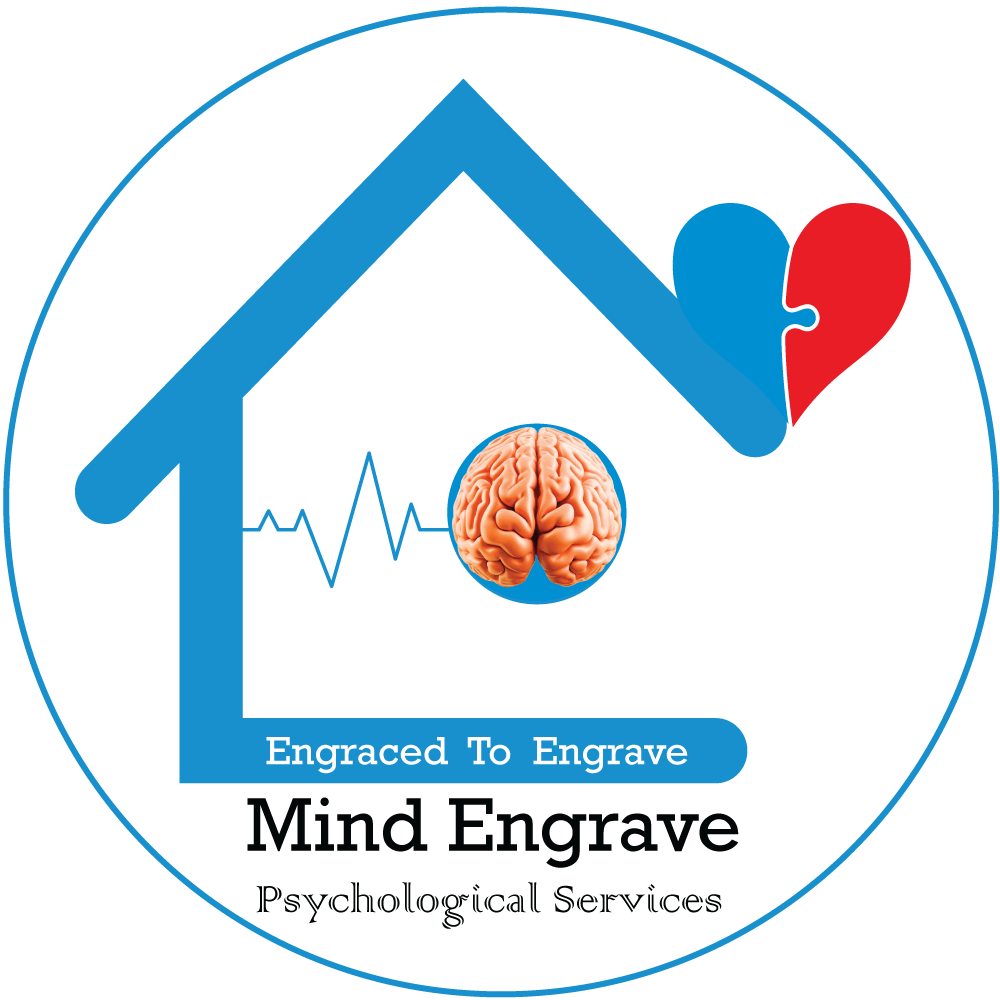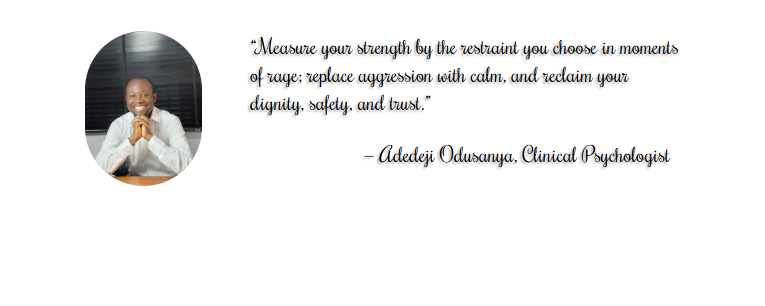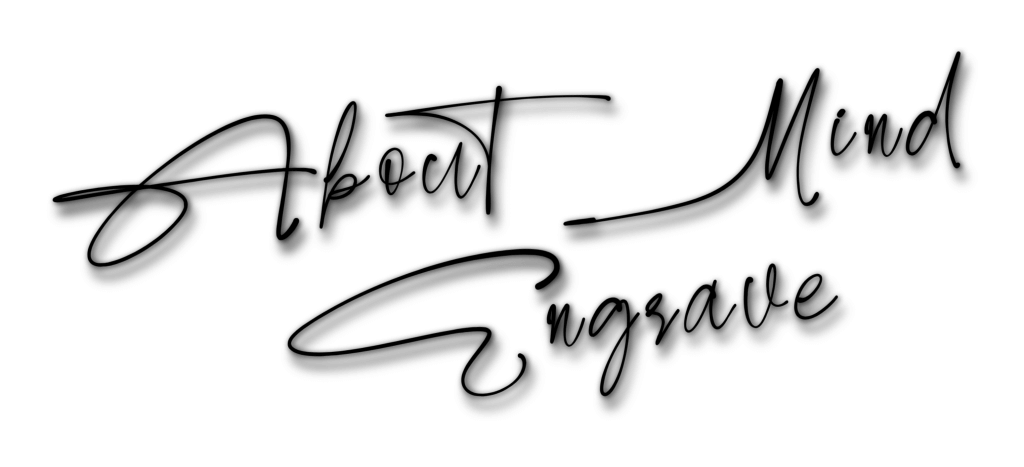Anger Management Training
Clinical Guide to Causes, Signs, Effects, and Treatment
Anger Management matters. Anger Management helps clinicians, educators, teens, adults, and professionals recognize harmful patterns, reduce escalation, and restore function. This clinical landing page explains Anger Management clearly and practically. It defines common causes of anger disorder, lists signs of anger disorder, describes effects of anger disorder, and outlines effective management of anger disorder. Read on for direct, evidence-aligned guidance you can apply or share.
Understanding Anger Management and why it matters
Anger represents a normal emotion that signals perceived threat, injustice, or loss. When people struggle to regulate anger and when outbursts recur, clinicians diagnose patterns as an anger disorder. Anger Management focuses on skills that reduce frequency, intensity, and harm. Clinicians use assessment, psychoeducation, and structured interventions to improve behavior and relationships. For teens and adults, early attention prevents chronic problems. For professionals, Anger Management offers clear treatment steps: assess triggers, teach regulation skills, and monitor progress.
Causes of Anger Disorder
Anger disorder arises from biological, psychological, and social causes. Biological contributors include genetic vulnerability, neurochemical imbalance, and brain injury. Psychological causes include learned responses to stress, unresolved trauma, and co-occurring mood disorders. Social causes include family conflict, workplace stressors, community violence, and substance misuse. Often several causes combine. Clinicians assess family history, medical conditions, medication effects, and recent life events. Identifying precise causes of anger disorder guides treatment choice, and targeted interventions yield better outcomes.
Signs of Anger Disorder
Recognize signs of anger disorder early. Observable signs include frequent explosive outbursts, verbal aggression, property damage, and physical threats. Internal signs include persistent irritability, rumination on grievances, and quickened pulse or breathing before an outburst. Functional signs include relationship breakdowns, poor work or school performance, legal problems, and social withdrawal. Professionals use structured checklists and interviews to track these signs of anger disorder. Teens may show anger through defiance or school fights. Adults may mask anger as sarcasm or passive-aggression. Identifying these signs early supports timely referral.
Effects of Anger Disorder
Unchecked anger disorder causes broad harm. Physically, repeated anger spikes increase cardiovascular risk, raise blood pressure, and worsen sleep. Psychologically, anger disorder contributes to anxiety, depression, and substance misuse. Interpersonally, anger damages trust, fuels conflict, and erodes family bonds. Professionally, anger reduces productivity and increases absenteeism. Socially, persistent aggression leads to isolation and legal consequences. Addressing the effects of anger disorder reduces these risks, improves health outcomes, and restores social functioning.
Management of Anger Disorder
Effective management of anger disorder combines assessment, skills training, and targeted therapies. First, clinicians conduct a clinical assessment that screens for immediate risk, co-occurring disorders, and medical contributors. Second, clinicians provide psychoeducation: explain physiological arousal, teach the cycle of escalation, and normalize the need for skill practice. Third, deliver skills training that includes cognitive reframing, relaxation, and problem-solving. Cognitive techniques reduce hostile attributions. Relaxation—breathing, progressive muscle relaxation, and grounding—reduces physical arousal. Problem-solving and communication training improve conflict resolution in daily life.
Behavioral interventions reduce risky responses. Clinicians teach time-outs, de-escalation routines, and assertive expression rather than aggression. For moderate to severe cases, structured group Anger Management programs or cognitive-behavioral therapy (CBT) yield reliable results. Clinicians may integrate trauma-focused therapy when past abuse fuels anger. When biological factors contribute, medication management complements psychotherapy. Monitor progress with behavior logs and standardized scales. Involve family members where appropriate to support skill generalization at home and work. For professionals, implement workplace-specific plans that include supervisory support and reasonable adjustments.
Practical self-help steps for teens & adults Anger Disorder
Individuals can practice several effective self-management steps. Use the five-minute breathing technique to interrupt escalation. Replace hostile thoughts with neutral appraisals. Schedule regular physical activity to reduce baseline tension. Keep an anger diary to identify triggers and early warning signs. Practice assertive communication scripts to request needs without aggression. Seek structured Anger Management classes when self-help yields limited change. Engage peer support groups or clinical counseling for persistent problems.
When To Seek Professional Help
Seek professional help when outbursts cause injury, legal trouble, job loss, or persistent relationship harm. Request urgent assessment when someone threatens harm. Professionals must evaluate suicidality and comorbid psychiatric conditions. Clinicians will recommend evidence-based treatment plans tailored to severity, cause, and context.
Outcome and Maintenance
With active treatment, people reduce both frequency and intensity of outbursts. Maintenance requires ongoing practice, periodic booster sessions, and environmental changes that lower exposure to triggers. For adolescents, school-based interventions and family sessions improve long-term outcomes. For adults, workplace policies and supportive relationships sustain gains. Professionals should track relapse signs and respond quickly with stepped-up support.
Take Direct Action
Anger Management works when clinicians, families, and individuals act early and follow structured plans. Identify causes of anger disorder, monitor signs of anger disorder, address effects of anger disorder, and implement stepped management of anger disorder. Use skills training, behavioral strategies, and clinical treatments to restore safety and function. Begin today: assess triggers, practice brief calming routines, and arrange professional support when needed.
The time is Now!
Take Action

Uncontrolled anger can damage your health, career, and relationships — but you can change that starting today. Discover proven Anger Management techniques to identify triggers, calm your mind, and respond with confidence instead of aggression. Whether you’re a teen, adult, or professional, your journey to self-control and emotional strength starts here. Don’t wait for another outburst to cost you — take the first step toward a calmer, more empowered you now.
To schedule a confidential consultation: Call/: 08160613745
Whatsapp: 08160613745.
Location: 52 Cardoso Street, Mushin, Lagos State, Nigeria.








